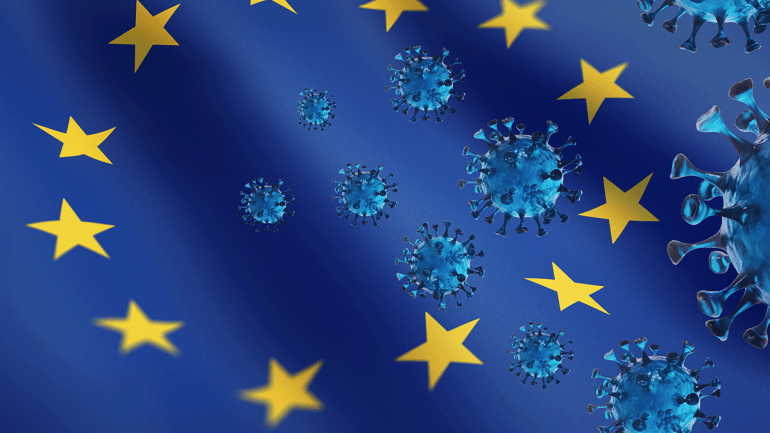
After having been sixteen years in power, Angela Merkel will soon step down as Germany’s chancellor. Whereas she achieved remarkable results by playing an active role on the diplomatic stage, she did not push forward ambitious reform proposals regarding EU foreign policy. Instead, she will be remembered as a force of conciliation and moderation, advocating for small efforts to manage the EU’s many hurdles on the global scene.[1]
In the context of a changing transatlantic relationship and exacerbated by a weakening Europe, her successor will however still face severe foreign policy challenges. Certainly, in the wake of the United States’ (US) pivot toward Asia, Germany will need to define its role again within this new geopolitical constellation. This is most visible with the AUKUS deal, a security pact between Australia, the United Kingdom and the United States to confront growing Chinese power in the Indo-Pacific region. Not only this case, but also the US’ decision to withdraw from Afghanistan showed how dependent Europe still is on others for security and how little it is taken into account as a strategic player.[2]
Looking back on Merkel’s foreign policy achievements and mistakes, this policy brief will discuss lessons learned and analyse which kind of German leadership is needed for the EU in this era of great power competition. Would the ambitious pro-European integration chancellor candidate Olaf Scholz (SPD) or the cautious but experienced Armin Laschet (CDU) be able to take on the very difficult task of driving the EU forward? Do they have what it takes?
📌 POLICY PAPER | What’s Next for the EU Foreign Policy in Post-Merkel Era? — @flovandenbroeck
For the entire paper ⬇️ https://t.co/Ms1xwJR3yy pic.twitter.com/eV0MmrphKS
— Vocal Europe (@thevocaleurope) November 8, 2021
Click Here to Read the Entire Policy Paper
___________________________________________________________________
[1] P. BURAS and J. PUGLIERIN, ‘Beyond Merkelism: What Europeans expect of post-election Germany’, European Council on Foreign Relations, September 2021 (https://ecfr.eu/publication/beyond-merkelism-what-europeans-expect-of-post-election-germany/). Consulted on 2 October 2021.
[2] G. CHAZAN, ‘Aukus security pact is ‘insult to a NATO partner’, says Merkel’s adviser’, Financial Times, September 2021 (https://www.ft.com/content/dfc4f860-c178-4c2a-a46c-c5f4e5595b1a). Consulted on 3 October 2021.



